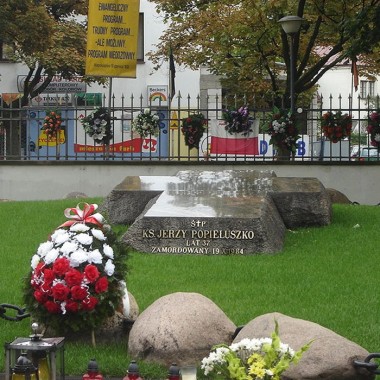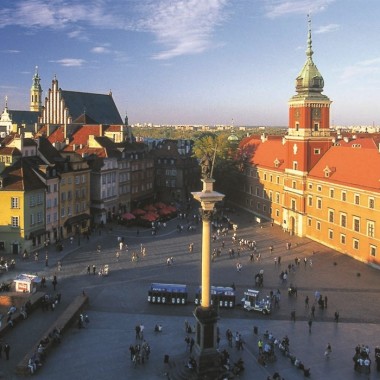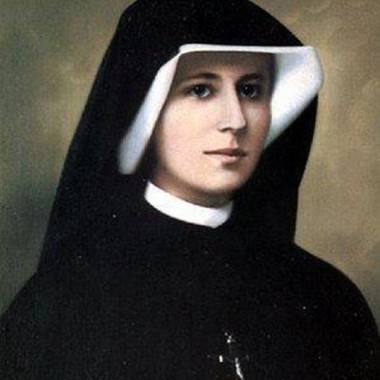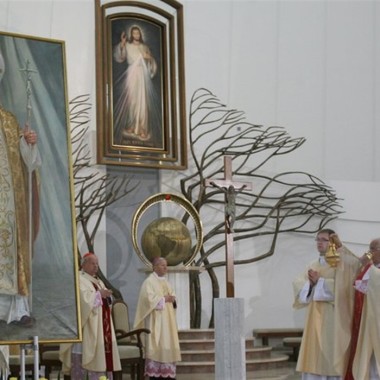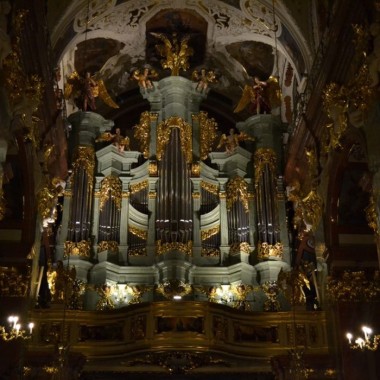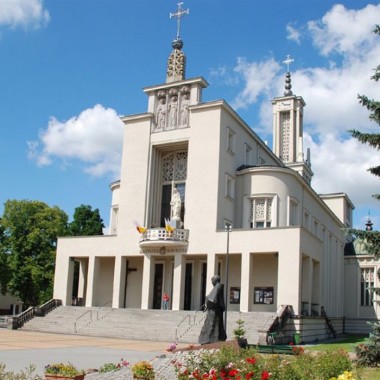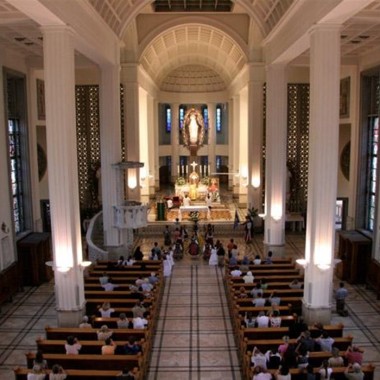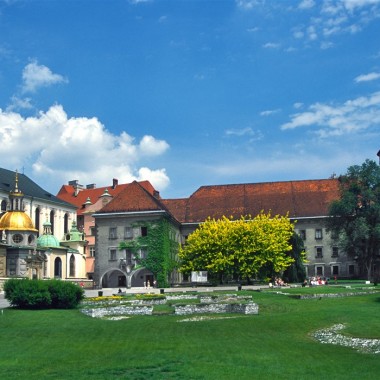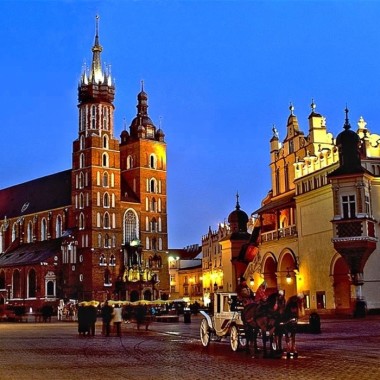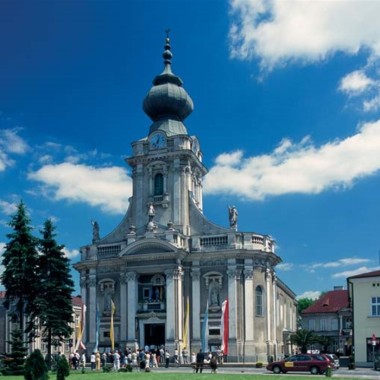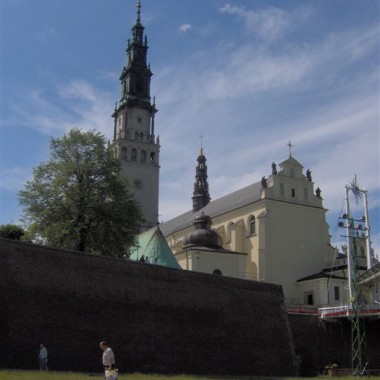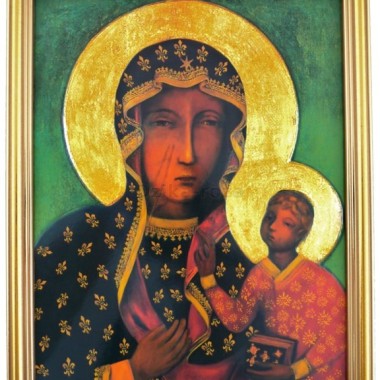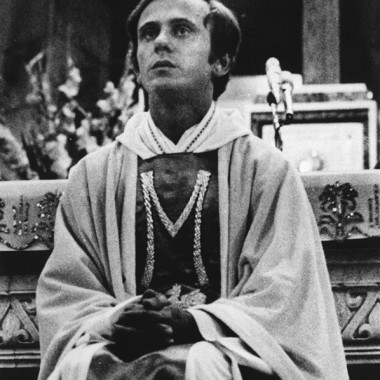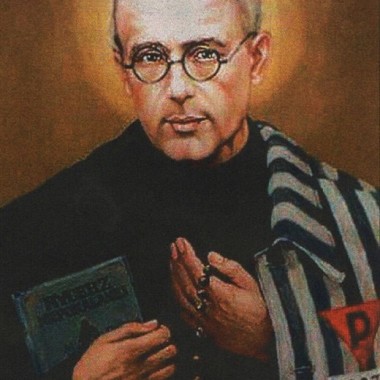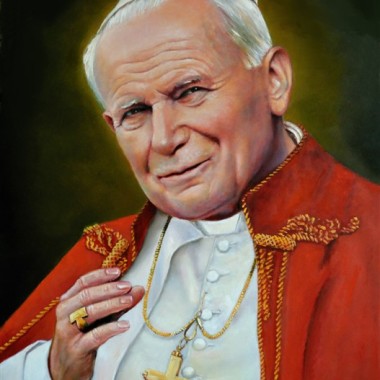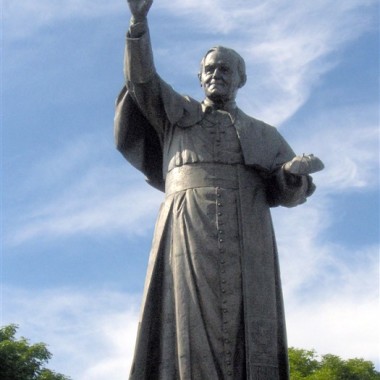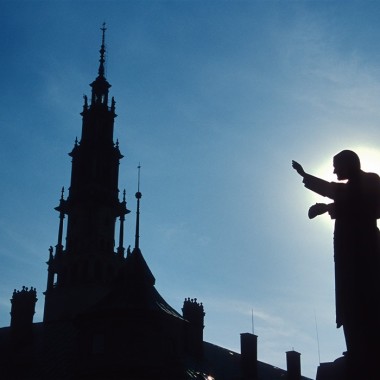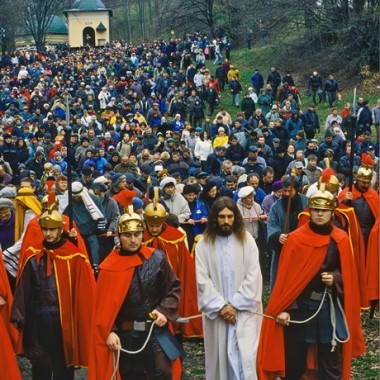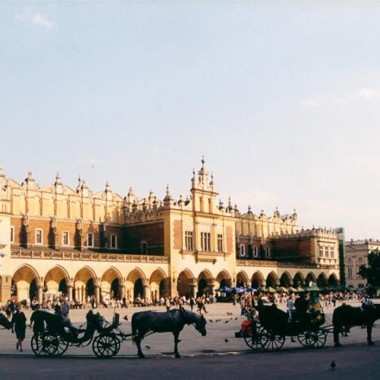On the traces of Polish Saints
ON THE TRACES OF POLISH SAINTS OF 20 and 21st CENTURIES
( 6 days / 5 nights )
WARSAW (2) – CZESTOCHOWA (1) – KRAKOW (2)
Day 1 – WARSAW ( D)
- Arrival Warsaw, transfer to the hotel
- Welcome dinner, overnight in Warsaw
Day 2 – WARSAW ( B, D)
- After breakfast sightseeing of Warsaw including Old Town with Barbican Walls, Castle Square, entrance to St. John’s Cathedral and Holly Cross Church, drive along Royal Route from Old Town to Belvedere Palace and Lazienki Park. Visit the Royal Castle interiors.
- In the afternoon visit and Holy mass at Stanislaw Kostka Church, where Jerzy Popiełuszko in 80-ies celebrated masses for the homeland. Mass became patriotic manifestations, which gathered hundreds of people coming from all over Poland.
- Homage at the grave where Father Jerzy Popieluszko, murdered by agents of the communist secret police in 1984, is buried
- Dinner and overnight in Warsaw
Jerzy Popiełuszko (born 14.09 1947 in Okopy near Suchowola as Alfons Popiełuszko, died 19.10.1984 near Włocławek) was Polish Roman catholic priest who was murdered by the agents of communist secret police for the supporting of the activities of the Solidarity opposition. In 2010 he has been announced blessed. The process of his canonization started in September 20. Since July 1986 Jerzy Popieluszko is worshiped in the chapel of the “Black Madonna” in Illdorf in Bavaria.
Day 3 – WARSAW– Niepokalanow- CZESTOCHOWA ( B, D )
- After breakfast departure for Niepokalanow – small village near Warsaw, famous for the Franciscan Monastery founded in 1927 by St. Maksymilian Kolbe, a missionary and a martyr of the Auschwitz death camp, canonized by pope John Paul II. Sightseeing of basilica, chapel, Maximilian Kolbe’s room, panorama of millennium, papa-mobile museum.
Saint Maximilian Maria Kolbe, O.F.M. Conv., (Polish: Maksymilian Maria Kolbe; 8 January 1894 – 14 August 1941) was a Polish Conventual Franciscan friar, who volunteered to die in place of a stranger in the Nazi death camp of Auschwitz, located in German-occupied Poland during World War II. Before his death he was very active in promoting the veneration of the Immaculate Virgin Mary, founding and supervising the monastery of Niepokalanow near Warsaw, operating a radio station and founding or running several other organizations and publications. Kolbe was canonized on 10 October 1982 by Pope John Paul II and declared a martyr of charity. He is the patron saint of drug addicts, political prisoners, families, journalists, prisoners, and the pro-life movement. John Paul II declared him “The Patron Saint of Our Difficult Century”.
- Drive to Czestochowa
- Check in and dinner at the hotel in Czestochowa
- Evening Holy Mass in the Chapel of the Black Madonna in Jasna Gora sanctuary
- Overnight in Czestochowa
Day 4 – CZESTOCHOWA – KRAKOW ( B, D)
- After breakfast half day tour of Krakow including places connected to John Paul II. Apart from Old Town the route includes St. Florian Church – the first church in Krakow where Karol Wojtyla was a curate, St. Mary’s Church with a memorial plague commemorating the White March that took place in 1981, Collegium Novum of Jagiellonian University where Karol Wojtyla lectured in theology after WWII, the Archbishop’s Palace on Franciszkanska 3 where he lived for a number of years with famous “papa’s window” and Archdiocese Museum.
- In the afternoon visit to the Sanctuary of St. Faustina in Lagiewniki ( Shrine of Divine Mercy ) in the suburbs of Krakow. The church consecrated by John Paul II during his last pilgrimage to Poland in 2002 is one of the largest pilgrimages centres. Participating in the Holy Mass
Faustyna Kowalska (1905-1938) – Holy of Catholic Church, a nun of the Congregation of the Sisters of Our Lady of Mercy, mystic, and visionary.
In February 1931 she got the first of her visions from Jesus to spread the cult of mercy. Christ asked her to make a painting of the his picture she had seen and write the words “Jesus, I trust You”. He asked this painting to be worshipped in the shrine and to be seen and prayed by the entire world.
- Check In, dinner and overnight at the hotel In Krakow
Day 5 – KRAKOW – Wadowice – Kalwaria Zebrzydowska – KRAKOW ( B, D)
- After breakfast departure for Wadowice – the town where pope John Paul II was born and baptized. Visit the Holy Father’s family home which is now a museum dedicated to his life and activity and a parish church where he was baptized
John Paul ( Latin: Ioannes Paulus PP. I), originally Karol Joseph Wojtyla, born 18.05.1920 in Wadowice in Poland, died 20.04 2005 in Vatican). From 16 October 1978 till his death he was a Pope of the Roman catholic church for over 26 years. Only Pope Pius IX had a longer pontificate. John Paul II was the first Pope of Slavonic origin. He is assigned a significant role at the end of the socialism in his homeland – Poland. On May 01, 2011 in Rome his successor Benedict XVI declared him a saint. His liturgical feast is established on October 22, the day of his enthronement in 1978.
- Continue to Kalwaria Zebrzydowska – a pilgrimage sanctuary 17th century complex with Basilica of Our Lady of the Angels and 41 chapels and stations of the cross on the hill recreating the Jerusalem from the times of Christ. As a young boy John Paul II went on many pilgrimages to the sanctuary. Kalwaria Zebrzydowska is listed on UNESCO list from 1999.
- Return to Krakow
- Dinner with folklore show at the local restaurant
- Overnight in Krakow
Day 6 – KRAKOW ( B )
- After breakfast transfer to the airport for your flight back home
